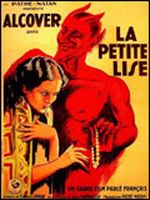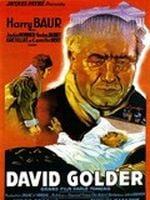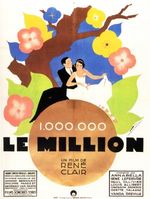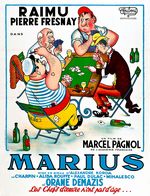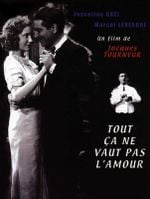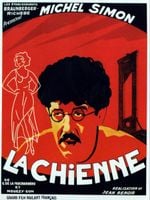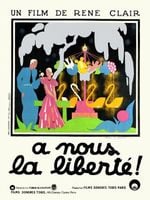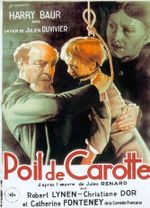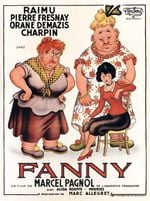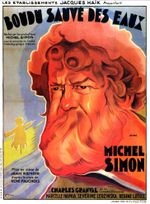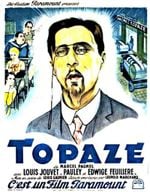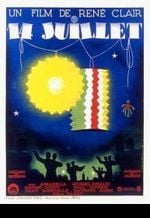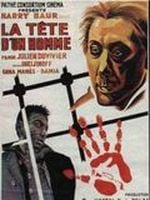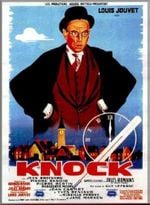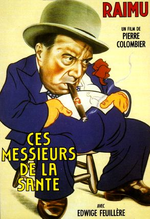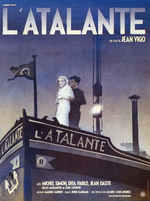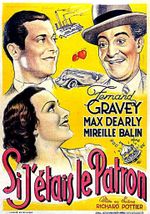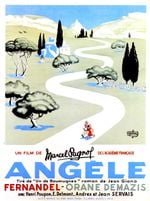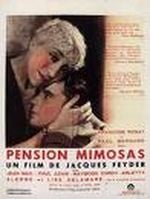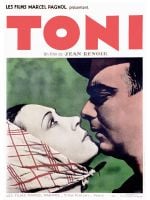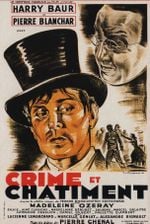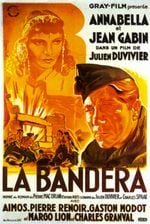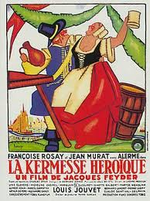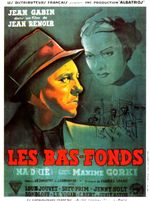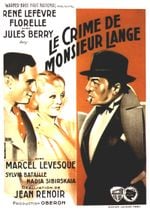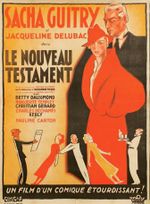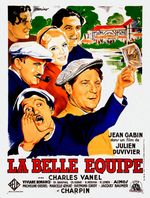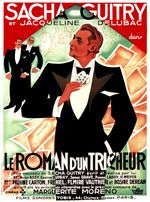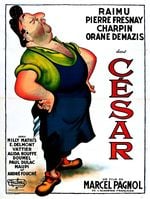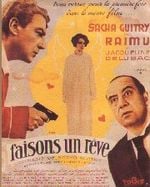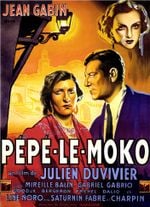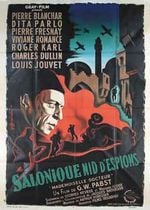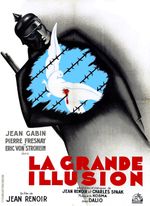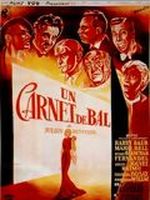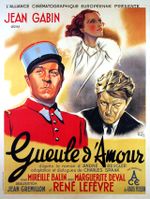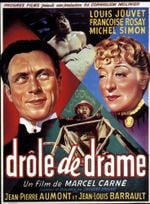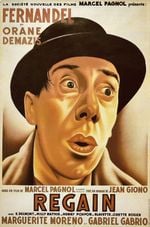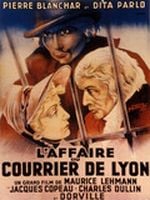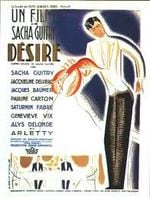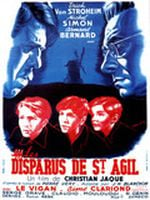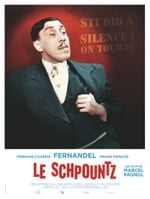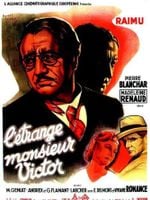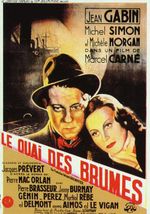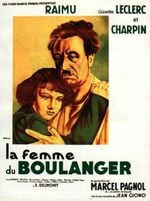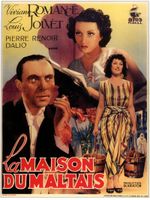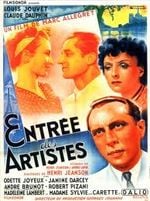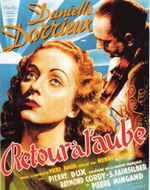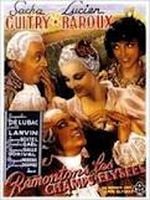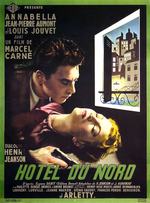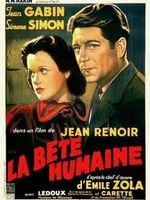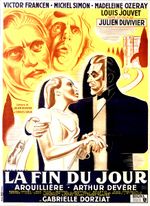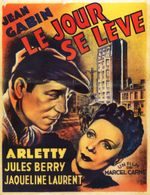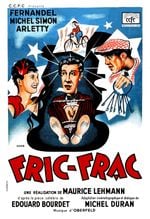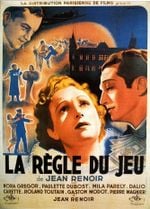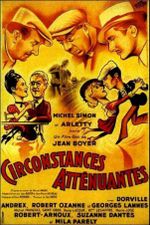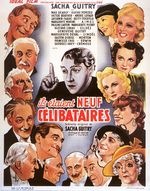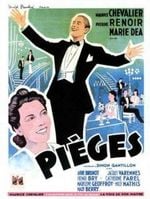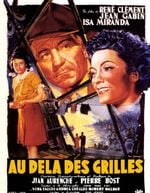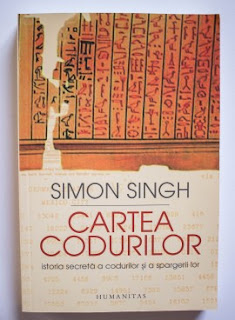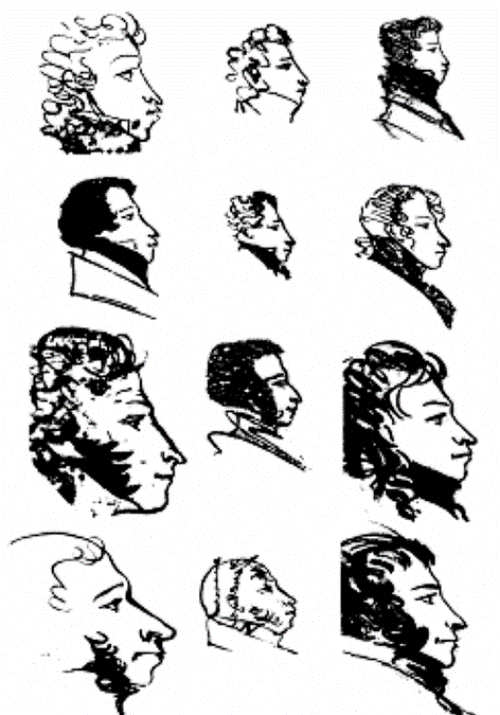RED JOAN, un film din 2018, in regia lui TREVOR NUNN
http://listesratures.over-blog.fr/2020/02/red-joan.html
Joan Stanley, 80 ans, mène une vie de retraitée paisible lorsqu’elle
est brutalement arrêtée par la police britannique. Elle est accusée de trahison
et d’espionnage pour avoir livré à l’URSS des secrets nucléaires pendant la
Seconde Guerre Mondiale. Forcée de révéler son passé, Joan se souvient de ses
jeunes années à Cambridge, quand elle tomba amoureuse de Léo, un jeune
idéaliste étroitement lié au parti communiste…
J'aime bien les films historiques, même s'ils sont nécessairement un
peu romancés : cela permet parfois de découvrir des pans méconnus de
l'histoire, de voir des tranches de vies (plus ou moins fidèles) de personnes
qui ont réellement existé. Celui-ci est adapté du livre Red Joan de Jennie
Rooney, lui-même inspiré de la vie de Melita Norwood.
On parcourt donc une partie la vie de Joan, qui, à 80 ans, se fait
interroger par le MI-5 pour des allégations de trahisons pendant la 2e guerre
mondiale. On replonge alors dans ses souvenirs d'étudiante en physique à
Cambridge, en 1938, lorsque tout à commencé : ses rencontres, puis par la
suite, ses questionnements, son premier travail (où ses compétences sont mises
en avant et appréciées, et non diminuées comme souvent dans les films traitant
de cette période), ...
Le film se partage équitablement entre la romance et l'espionnage,
mais j'étais personnellement intéressée par l'aspect historique et les
réflexions éthiques en temps de guerre soulevées par celui-ci. Cela manquait
certes un peu de profondeur, et de tensions (on est davantage dans le drame que
dans le vrai film d'espionnage), mais je n'en ai pas moins savouré le
visionnage.
Sophie Cookson, qui incarne Joan étudiante, joue avec crédibilité la
naïveté et l'intelligence, même si l'écriture de l'évolution de son personnage
pendant ses jeunes années m'a un peu moins convaincue : j'ai trouvé qu'il y
avait un manque d'équilibre et de crédibilité entre ses capacités
intellectuelles, ses prises de décisions pertinentes et son côté juvénile
amouraché, un peu trop naïf, par moments.
Judi Dench, quant à elle, me touche toujours autant, surtout lors de
certaines scènes où elle peut davantage se révéler, même si ce n'est pas dans
ce film qu'elle m'a le plus marquée.
Red Joan est, en somme, un
chouette film (et qui compte quelques acteurs que j'appréciais déjà auparavant)
qui manque malgré tout un peu de profondeur. Il ne séduira probablement pas
réellement les fans d'espionnage, mais davantage ceux qui aiment les drames et
les films historiques.
Réalisateur : Trevor Nunn
(Films La nuit des Rois
(réalisateur et scénariste) (1996)
Lady Jane (réalisateur) (1986)
Hedda (réalisateur et
scénariste) (1976)
Casting : Judi Dench, Sophie Cookson, Tom Hughes, Stephen Campbell
Moore, Tereza Srbova, Nina Sosanya...
Année : 2018
Durée : 1h41
Sortie du DVD : 17 février 2020 / Sortie VOD : 20 février 2020
Filming of Red Joan in Cambridge City Centre (Image: Keith Jones)
=====================================
Red Joan: The truth behind Joan Stanley and the Cambridge spies
Red Joan was the fictitious name for real-life Englishwoman Melita Norwood who sold British secrets to the Soviets in the 1930s
Red Joan is a film based, although highly romanticised, on the true story of spy Melita Norwood who stole British nuclear secrets for the Soviets.
Her story, told through the fictional character of Joan Stanley, is inextricably linked with the fate of the Cambridge spies, who were recruited by Soviet sympathisers at the university because they were likely to reach high positions in the British Government.
The real Melita Norwood, known as 'Hola' by the Russians was an Englishwoman who worked at the Non-Ferrous Metals Research Association in London. The association was actually conducting secret nuclear weapons research in a joint project with the Americans codenamed 'Tube Alloy'.
Joan Stanley (Sophie Cookson) and Leo Galich (Tom Hughs) in Red Joan (Image: Sunday Mirror)
She worked as a secretary and would sneak into her boss's office and steal research papers from his safe. She would then take a photo using a spy camera which she'd pass on to her KGB handler, having returned the documents back to the safe. Norwood's spying is credited with bringing the Soviet nuclear weapons program ahead by two years. Ironically, she was allegedly highly critical of nuclear weapons, with nuclear disarmament stickers in her window on the day of her capture.
She did, however, escape capture several times; notably when another Soviet spy ring was discovered at Woolrich Arsenal in 1937. The ring had been run by Percy Glading, co-founder of the British Communist Party, who was caught by MI5 passing on naval secrets.
In Glading's notebook he noted Norwood's codename 'Hola' several times. M15 tried to find out the identity of Hola, but it wasn't successful until the 1990s. It was that arrest that connects Norwood to the Cambridge spies.
Vasili Mitrokhin soon after defecting from the Soviet Union (Image: PA Wire)
Uncovering hundreds of Britons spying for Russia
Both Norwood and the Cambridge spies were caught because of the Mitrokhin archive. The collection was painstakingly compiled by Russian spy Vasili Mitrokhin, who worked as a senior archivist in the KGB’s foreign intelligence headquarters. The FBI described it as “the most complete and extensive intelligence ever received from any source”.
Appalled by what he saw in the archives, Mitrokhin had decided to expose the KGB’s actions by compiling the papers.
Professor Christopher Andrew, a fellow at Corpus Christi college, is one of the few to have seen the actual papers when he collaborated on two books with Mitrokhin.
He said: “The only reason these papers are here is because of Vasili Mitrokhin’s courage. He was absolutely determined that this material should be available for the world to see.
“There are only two places where you can find KGB intelligence files like this – one is in the KGB archives and the other is here.”
Vasili Mitrokhin's handwritten notes on the members of the Cambridge spy ring (Image: University of Cambridge/PA Wire)
Over 12 years Mitrokhin smuggled handwritten copies of the files from the archive and hid them in his country house outside Moscow.
After the fall of the Soviet Union he travelled to Riga in 1992– dressed in scruffy clothes to avoid attention – with a small number of documents in a suitcase, hidden under a pile of dirty clothes.
Staff at the American embassy were not convinced by his story but he was able to meet with MI6 representatives at the British embassy, who were astonished to discover the material, detailing the innermost machinations of Soviet intelligence.
The documents, which were smuggled back to Britain by MI6, contain information about hundreds of Britons who were spying for Russia, including the notorious Cambridge spy ring.
Four members of the 'Cambridge Five', graduates of Trinity College, Cambridge, who passed information from British Intelligence to the Soviet Union in the 1940s and 1950s. Clockwise from top left, Anthony Blunt (1907 - 1983), Donald Duart Maclean (1913 - 1983), Kim Philby (1912 - 1988) and Guy Burgess (1911 - 1963). (Image: Keystone/Hulton Archive/Getty Images)
Guy Burgess, Donald Maclean, John Cairncross, Anthony Blunt and Kim Philby were a group of disaffected undergraduates at Cambridge University who began spying for the Soviet Union during the Second World War.
The Mitrokhin papers paint detailed – and often critical – profiles of the five men, according to Russian researcher Svetlana Lokhova who has translated parts of the archive into English.
In the first six months of 1945, Burgess handed over 369 top secret files to the Russians but his record was blotted after the Second World War.
Ms Lokhova said: “It says Burgess was not taking care of his looks and was constantly under the influence of alcohol.
“Once on his way out of a pub he was seen dropping on the floor the file he had to hand over from the Foreign Office.”
The documents contain details of Burgess’ sex life, including a number of affairs he had while in America.
Maclean’s file said he was “not very good at keeping secrets” since he told his brother and a girlfriend about his intelligence work whilst drunk.
Kim Philby is often regarded as Britain’s most notorious double agent but these documents reveal the Russians valued a secretary from Bexleyheath named Melita Norwood far higher.
The file on the now-grandmother spy reveals she was awarded a lifetime pension in 1962 for “many years of excellent work”.
Dame Judi Dench as the older Joan Stanley in the film (Image: Sunday Mirror)
Prof Andrew said: “It’s interesting that in all that time, there is never a moment when the KGB lose contact with Melita Norwood but they completely drop Kim Philby.”
There are more than 30,000 files within the archive, which contain an array of material, including coded directions to secret weapon caches all over Europe.
Mitrokhin and his family were exfiltrated to the UK in 1992, where he lived until his death in 2004.
Red Joan film release
The 2018 spy drama, released in the UK on April 19, 2019, is based on the novel of the same name by Jennie Rooney. Dame Judi Dench stars as Joan Stanley with Sophie Cookson as young Joan Stanley.
